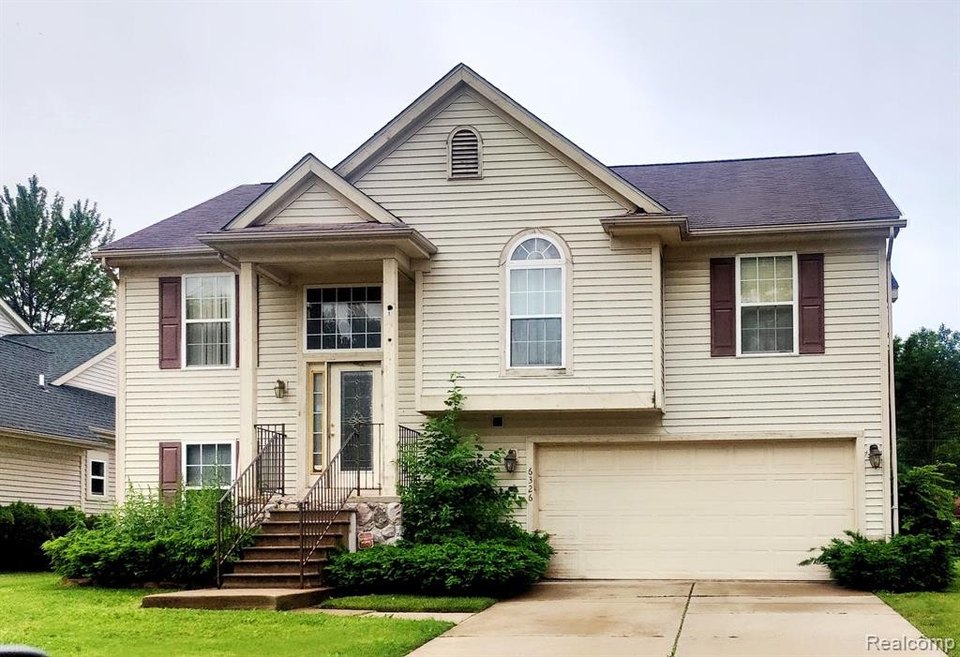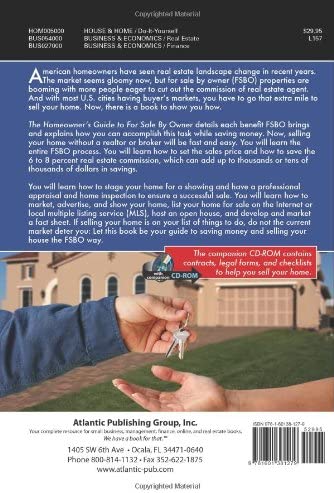
There are many things you should consider when buying a house. The down payment must be saved, you should look for a house near a good school, and the house must be in good mechanical condition. It's also important to consider the local culture and small businesses. Last, ensure you can afford the mortgage payment. The last thing you want is to buy a home that's too expensive for you.
Saving for a down payment
If you're saving for a down payment on a new home, the best place to keep it is an FDIC-insured savings account. These accounts earn above-average interest rates and allow for easy access. If you are looking to buy a house in the long-term, however, it might be more sensible to invest your money in the markets, as they can offer a higher return.

Start by calculating how much you earn each month. Start by calculating your monthly income and adding in the income of your spouse if you have one. Look at your bank statements and credit card bills.
Locating a house in an area with good schools
The location of a school is an important factor in buying a home. However, it is not the only thing that is important. Other factors, such as commute times and school standards, can also be important. It is important to consider all these factors and to be open to making sacrifices or giving up some features.
First, buying a house for yourself, or for your family, in a good school area will increase its resale price and make it easier for you to sell. A good school system will ensure that your children get the best education if you are looking to buy a house. Special provisions may be made available for students with special needs in some school districts.
Get a home inspection
Getting a home inspection before you buy a house is important for a variety of reasons. This gives you a feeling of ownership and helps you negotiate the price. It's usually worth closing on a well-maintained house. However, if the home needs work, the inspector's reports can help you negotiate a better price or convince the seller to fix it.

If a home inspection reveals significant problems, such as a leaky water heater, it could give you a chance to negotiate the seller to make repairs or reduce the price. You can also walk away from the deal if you don't want to pay for the repairs. Often, the seller will agree for a home examination as part of the contract.
FAQ
Can I buy a house in my own money?
Yes! There are many programs that can help people who don’t have a lot of money to purchase a property. These programs include FHA loans, VA loans. USDA loans and conventional mortgages. For more information, visit our website.
What are the benefits associated with a fixed mortgage rate?
A fixed-rate mortgage locks in your interest rate for the term of the loan. This will ensure that there are no rising interest rates. Fixed-rate loans have lower monthly payments, because they are locked in for a specific term.
What is reverse mortgage?
A reverse mortgage is a way to borrow money from your home without having to put any equity into the property. It allows you to borrow money from your home while still living in it. There are two types of reverse mortgages: the government-insured FHA and the conventional. If you take out a conventional reverse mortgage, the principal amount borrowed must be repaid along with an origination cost. FHA insurance covers the repayment.
Is it possible sell a house quickly?
It might be possible to sell your house quickly, if your goal is to move out within the next few month. However, there are some things you need to keep in mind before doing so. First, you must find a buyer and make a contract. You must prepare your home for sale. Third, advertise your property. Finally, you should accept any offers made to your property.
What should you consider when investing in real estate?
It is important to ensure that you have enough money in order to invest your money in real estate. You will need to borrow money from a bank if you don’t have enough cash. It is also important to ensure that you do not get into debt. You may find yourself in defaulting on your loan.
You should also know how much you are allowed to spend each month on investment properties. This amount must include all expenses associated with owning the property such as mortgage payments, insurance, maintenance, and taxes.
Finally, ensure the safety of your area before you buy an investment property. It is best to live elsewhere while you look at properties.
How much money will I get for my home?
This varies greatly based on several factors, such as the condition of your home and the amount of time it has been on the market. Zillow.com says that the average selling cost for a US house is $203,000 This
What are the three most important factors when buying a house?
The three main factors in any home purchase are location, price, size. The location refers to the place you would like to live. Price refers how much you're willing or able to pay to purchase the property. Size refers the area you need.
Statistics
- 10 years ago, homeownership was nearly 70%. (fortunebuilders.com)
- This seems to be a more popular trend as the U.S. Census Bureau reports the homeownership rate was around 65% last year. (fortunebuilders.com)
- When it came to buying a home in 2015, experts predicted that mortgage rates would surpass five percent, yet interest rates remained below four percent. (fortunebuilders.com)
- This means that all of your housing-related expenses each month do not exceed 43% of your monthly income. (fortunebuilders.com)
- Some experts hypothesize that rates will hit five percent by the second half of 2018, but there has been no official confirmation one way or the other. (fortunebuilders.com)
External Links
How To
How to Manage a Property Rental
It can be a great way for you to make extra income, but there are many things to consider before you rent your house. We'll show you what to consider when deciding whether to rent your home and give you tips on managing a rental property.
Here's how to rent your home.
-
What do I need to consider first? Before you decide if you want to rent out your house, take a look at your finances. If you have any debts such as credit card or mortgage bills, you might not be able pay for someone to live in the home while you are away. Check your budget. If your monthly expenses are not covered by your rent, utilities and insurance, it is a sign that you need to reevaluate your finances. ), it might not be worth it.
-
How much does it cost for me to rent my house? There are many factors that influence the price you might charge for renting out your home. These factors include your location, the size of your home, its condition, and the season. It's important to remember that prices vary depending on where you live, so don't expect to get the same rate everywhere. Rightmove reports that the average monthly market price to rent a one-bedroom flat is around PS1,400. This means that if you rent out your entire home, you'd earn around PS2,800 a year. Although this is quite a high income, you can probably make a lot more if you rent out a smaller portion of your home.
-
Is it worthwhile? It's always risky to try something new. But if it gives you extra income, why not? It is important to understand your rights and responsibilities before signing anything. It's not enough to be able to spend more time with your loved ones. You'll need to manage maintenance costs, repair and clean up the house. Make sure you've thought through these issues carefully before signing up!
-
Are there any benefits? It's clear that renting out your home is expensive. But, you want to look at the potential benefits. Renting your home is a great way to get out of the grind and enjoy some peace from your day. You will likely find it more enjoyable than working every day. And if you plan ahead, you could even turn to rent into a full-time job.
-
How do you find tenants? After you have decided to rent your property, you will need to properly advertise it. Make sure to list your property online via websites such as Rightmove. After potential tenants have contacted you, arrange an interview. This will enable you to evaluate their suitability and verify that they are financially stable enough for you to rent your home.
-
What are the best ways to ensure that I am protected? You should make sure your home is fully insured against theft, fire, and damage. In order to protect your home, you will need to either insure it through your landlord or directly with an insured. Your landlord may require that you add them to your additional insured. This will cover any damage to your home while you are not there. This doesn't apply to if you live abroad or if the landlord isn’t registered with UK insurances. In these cases, you'll need an international insurer to register.
-
It's easy to feel that you don't have the time or money to look for tenants. This is especially true if you work from home. It's important to advertise your property with the best possible attitude. Make sure you have a professional looking website. Also, make sure to post your ads online. Additionally, you'll need to fill out an application and provide references. While some people prefer to handle everything themselves, others hire agents who can take care of most of the legwork. You'll need to be ready to answer questions during interviews.
-
What do I do when I find my tenant. If there is a lease, you will need to inform the tenant about any changes such as moving dates. If you don't have a lease, you can negotiate length of stay, deposit, or other details. While you might get paid when the tenancy is over, utilities are still a cost that must be paid.
-
How do I collect my rent? When it comes time for you to collect your rent, check to see if the tenant has paid. You'll need remind them about their obligations if they have not. Any outstanding rents can be deducted from future rents, before you send them a final bill. If you're having difficulty getting hold of your tenant you can always call police. They won't normally evict someone unless there's been a breach of contract, but they can issue a warrant if necessary.
-
What can I do to avoid problems? It can be very lucrative to rent out your home, but it is important to protect yourself. Make sure you have carbon monoxide detectors installed and security cameras installed. Also, make sure you check with your neighbors to see if they allow you to leave your home unlocked at night. You also need adequate insurance. You should not allow strangers to enter your home, even if they claim they are moving in next door.